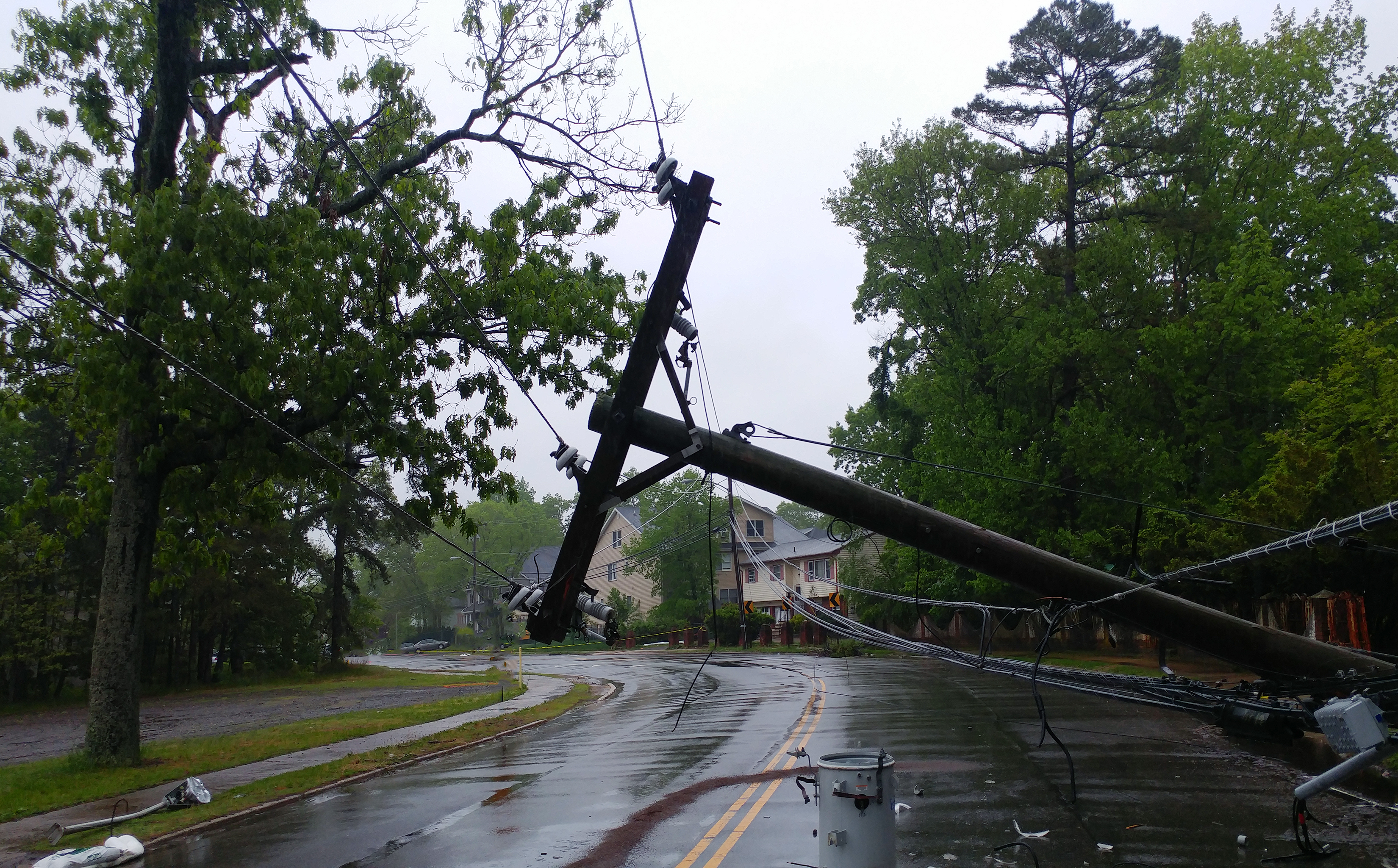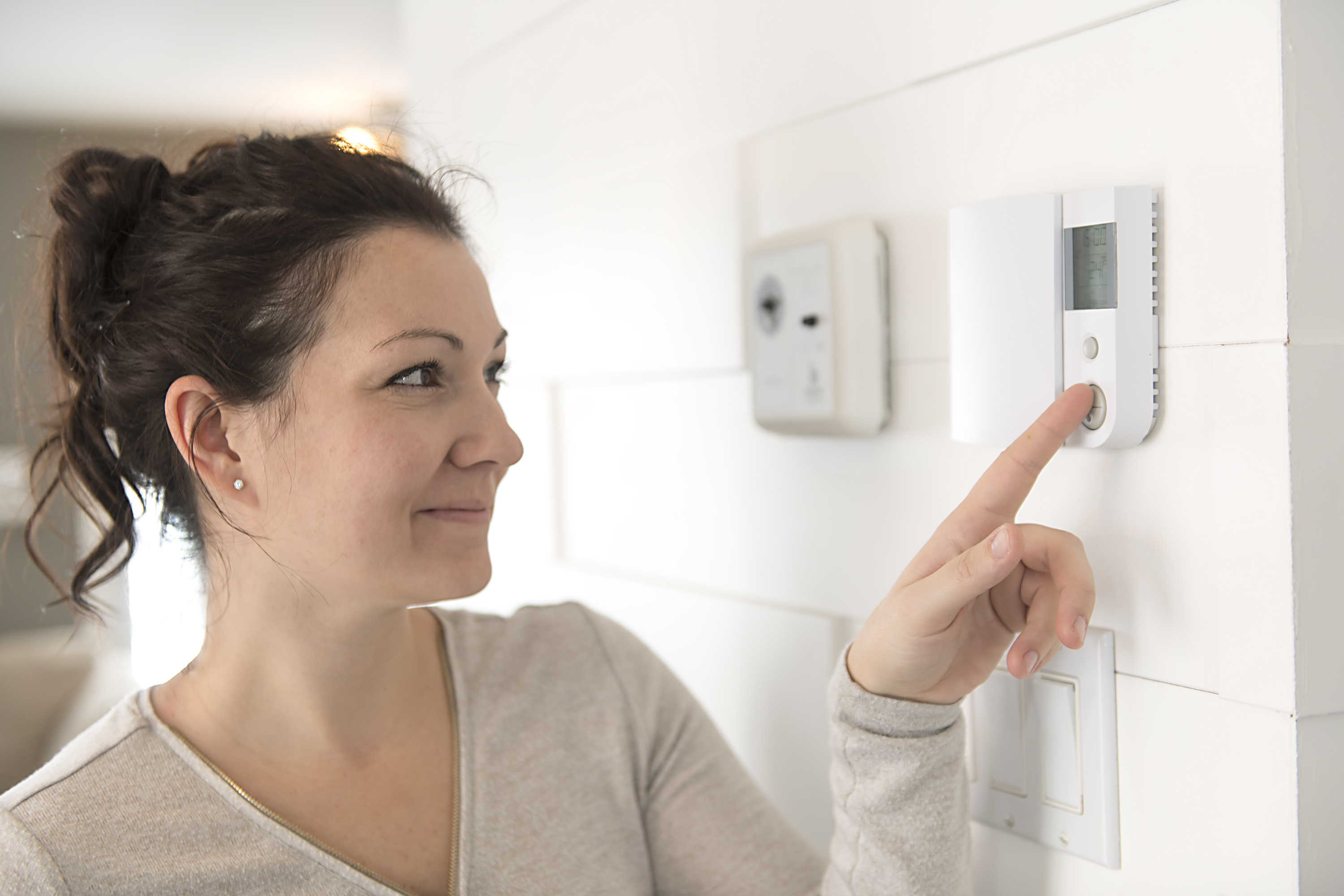Powering your home with the power of the sun through solar energy systems is environmentally friendly and fiscally smart; but what happens at night or during bad weather? If you’ve ever wondered how solar power works at night or whether it’s usable during inclement weather, you’re not alone.
Homeowners who are interested in solar power that works around the clock — and in almost any type of weather — can achieve their goals by pairing a solar system with a solar energy storage solution. From going off-grid to using solar at night, energy storage can help. Here’s a closer look at how energy storage batteries work and how they impact your solar experience.
What is energy storage?
The number of homeowners buying solar systems is on the rise. In fact, the Solar Energy Industries Association estimates that the solar market will grow to $4.5 billion by 2023 — so if you’re thinking about solar, you’re in good company. With solar panels, energy is generated anytime the sun shines, and that energy powers your home. Excess energy is typically sent back into the public power grid and can help offset energy costs even further or even make you a profit. However, adding a solar storage solution (also known as energy storage or battery storage) to your setup gives you a wider range of options.
Solar batteries are lithium-ion batteries that store the excess power your solar panels generate. Smart software in the battery determines the best way to use that energy. It can power an immediate need, send it to the grid, or store it for later use. The stored energy can then be used to power electricity needs at night or provide emergency power to your most important appliances during a power outage.
The benefits of energy storage: What’s right for you
When considering whether a solar + storage solution is right for you, it’s important to think about your goals and the benefits battery storage offers. Some of the most important benefits of solar energy storage include:
Flexible solar usage at night: Without storage, your solar system offers real-time power when the sun is out. If you generate more power than you use, that excess power can be sold back to your utility company and fed back to the grid, which can offset the cost of the energy you use at night. With a battery storage system, you store that extra energy and use it to power your home when the sun isn’t shining.
Emergency and off-grid backups: Energy storage can also help you get off-grid. Whether you’re looking to be entirely off-grid or simply want a reliable energy source if the grid goes out during an emergency, a solar backup battery can help by storing energy and allowing you to access it as needed.
Potential cost savings: With a smart backup battery, it’s possible to store extra energy that your system produces, and then send it back to the grid when it’s no longer needed. Since today’s batteries are powered with intelligent software, they can use the current conditions — including sun exposure and power usage — to optimize your access to power while reducing your overall costs.
Choosing the right battery storage system for your home
Choosing the right battery for your solar system is an important decision. Here are some key factors to consider:
- How much capacity does the battery have to store energy?
- Can you add additional batteries to become energy independent or scale to meet changing energy needs?
- Does the battery require an app for management? Select a model with an onboard interface that won’t go down when the internet does.
- Does the system allow you to customize it to your needs, such as using smart software to determine when to consume, store, or sell back energy?
- Are there features that provide support during emergencies, such as the ability to “buy back” energy from the grid for a rapid recharge prior to a hurricane or winter storm?
Investing in a home solar system can help decrease both your environmental footprint and your energy costs. By taking the next step and adding battery storage, it’s possible to gain even more value. From powering your house at night to having a reliable energy source in case of an emergency, energy storage can increase the capability, flexibility and ROI of your renewable energy system.
For more frequently asked questions around battery storage check out this article on Panasonic's Green Living blog.






